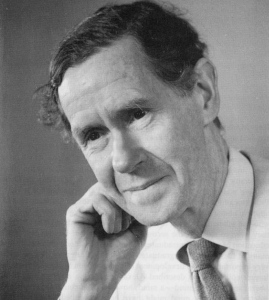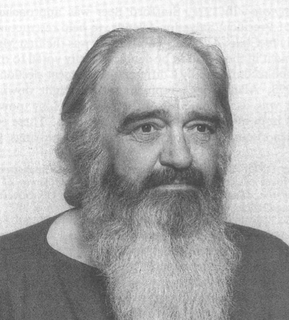A Quote by Elliott Sober
One influential philosophical position about the use of probability in science holds that probabilities are objective only if they are based on micro-physics; all other probabilities should be interpreted subjectively, as merely revealing our ignorance about physical details. I have argued against this position, contending that the objectivity of micro-physical probabilities entails the objectivity of macro-probabilities.
Related Quotes
If an event can be produced by a number n of different causes, the probabilities of the existence of these causes, given the event (prises de l'événement), are to each other as the probabilities of the event, given the causes: and the probability of each cause is equal to the probability of the event, given that cause, divided by the sum of all the probabilities of the event, given each of the causes.
It should be totally fine to question the objectivity of scientists and the power structures in scientific institutions. The physical laws of the universe are objective, but human beings in any context are not. That includes with regard to science. To some extent, the supposed objectivity of science has given a lot of extra cover to very subjective and eccentric approaches to exploring aspects of ourselves and the universe around us.









































